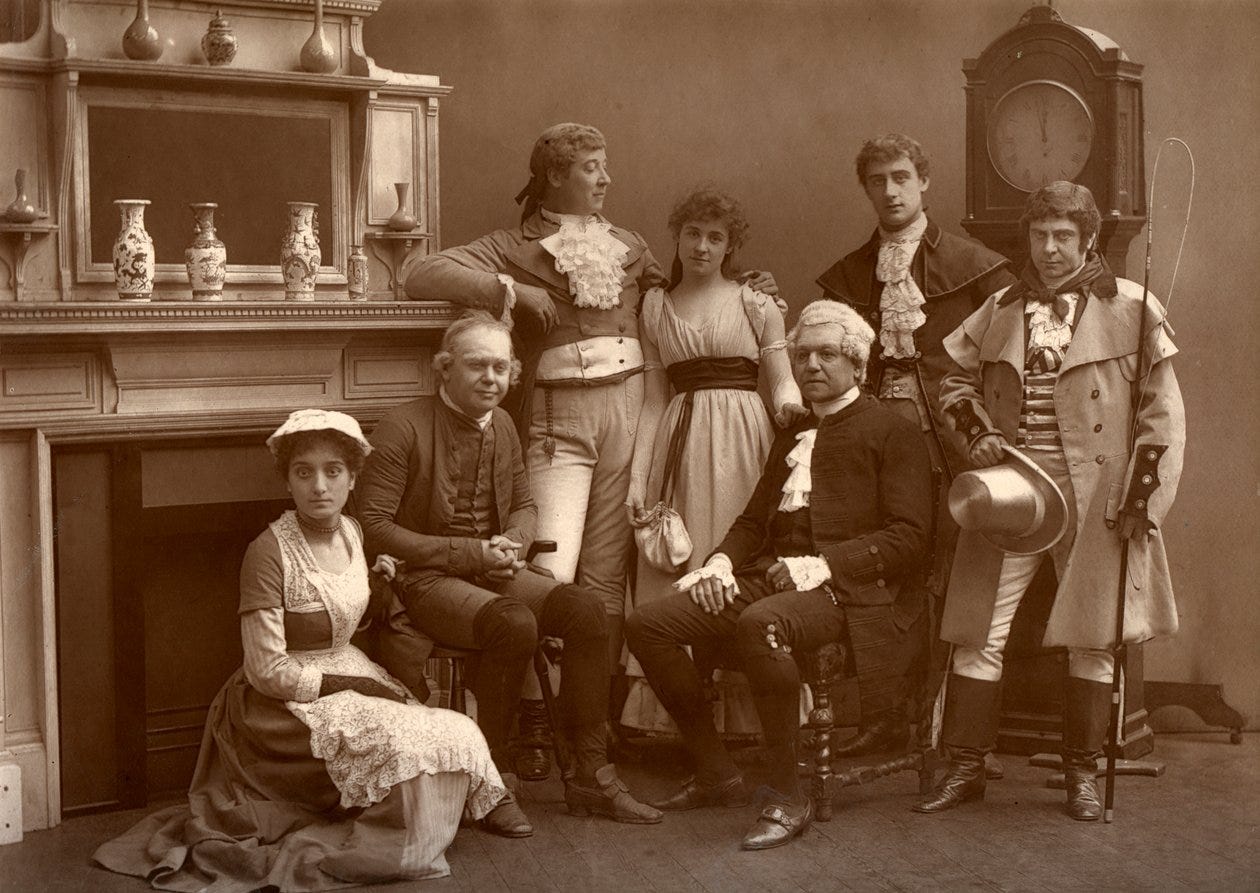How One Family Preserved Their Wealth for More Than 800 Years
The True Inheritance Isn’t Money, It’s an Antifragile System
I’ve been reading about a family that has managed to preserve its wealth for over eight centuries, remaining at the top of Europe’s elite. Eight centuries is no coincidence. It wasn’t luck or a brilliant trade. It was a system.
What this family understood earlier than anyone else is that the key is not to accumulate a lot in a short time, but to preserve the essential for generations. Their game was never explosive yearly returns, but the construction of an untouchable core, the discipline to protect it, and the intelligence to wait for the right moment to attack.
When you look at their history, the surprising thing is not what they bought. It’s what they never sold.
Their wealth rested on houses, land, gold, and assets that generated predictable cashflow. They weren’t risky bets. They were foundations. And foundations are never touched.
Each generation knew that sooner or later there would be a war, a recession, or a devaluation. They didn’t try to predict the future. They prepared to survive it. And survival translated into opportunity.
The secret of their longevity was simple: resist with liquidity and attack during the crisis.
In The Road to Ruin, James Rickards explains how these families built systems that could withstand anything. The conclusion is clear: enduring wealth doesn’t depend on chasing trends, but on a pattern that repeats over and over.
They never sold their core: land, properties, and strategic assets always stayed in the family (art).
They generated stable cashflow: rents, crops, leases.
They kept liquidity and margin: when everything collapsed, they could buy.
They thought in centuries, not years: each generation was a link in the chain.
They used crises as opportunity: they accumulated when others fled.
And that formula worked for over 800 years.
So how do we adapt this to the 21st century? We don’t have castles or armies guarding territories, but the principles are still alive. At Asymmetric Finance we do it in a simpler, more pragmatic way.

